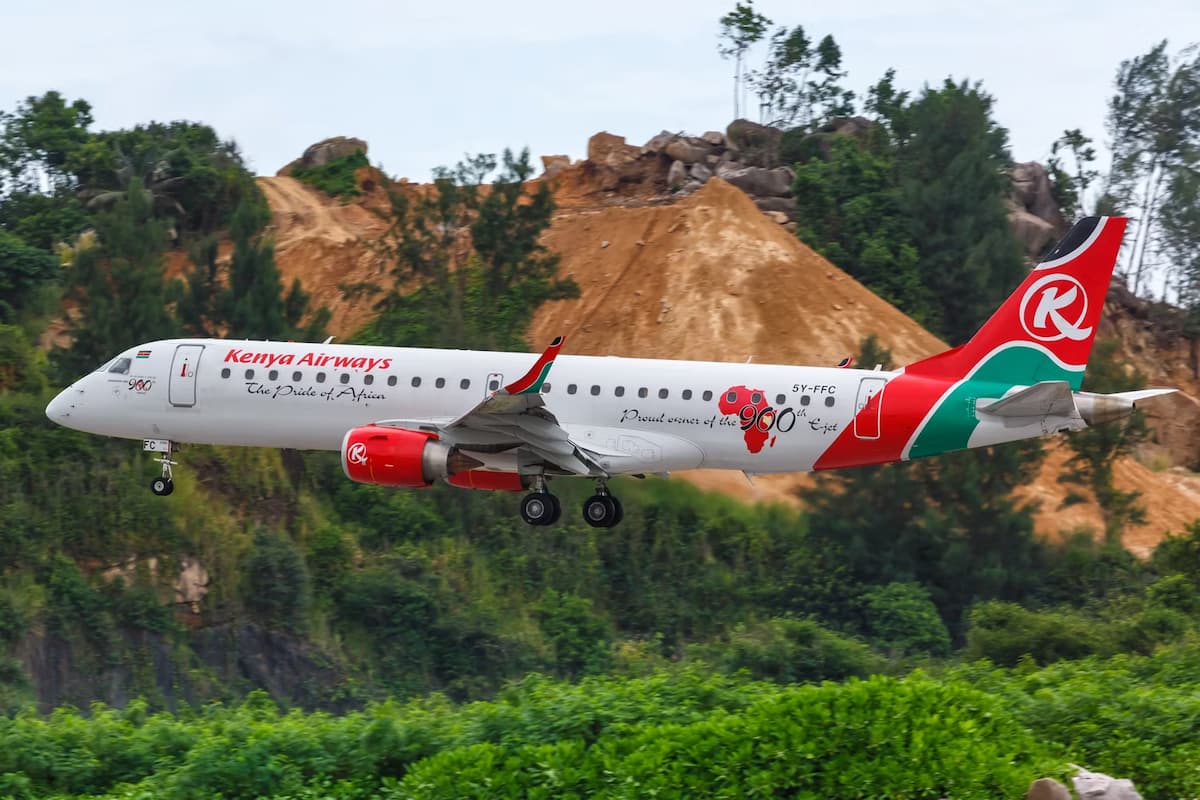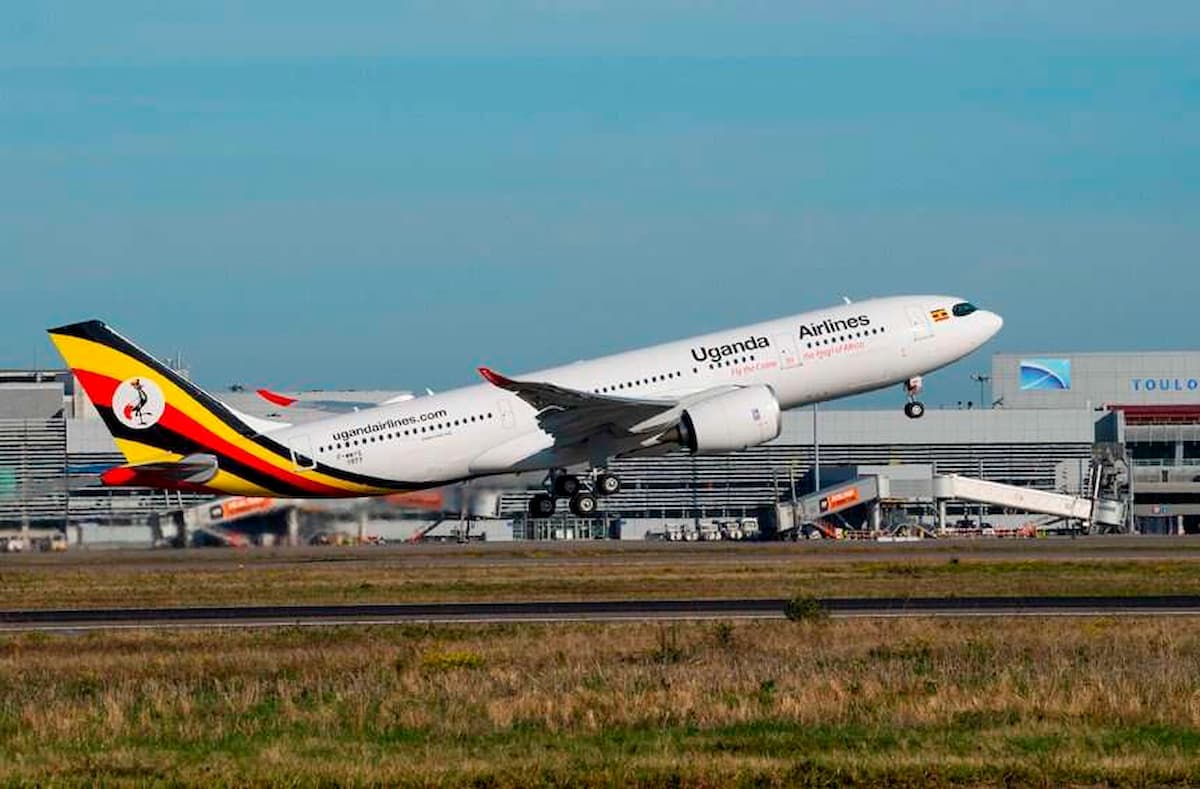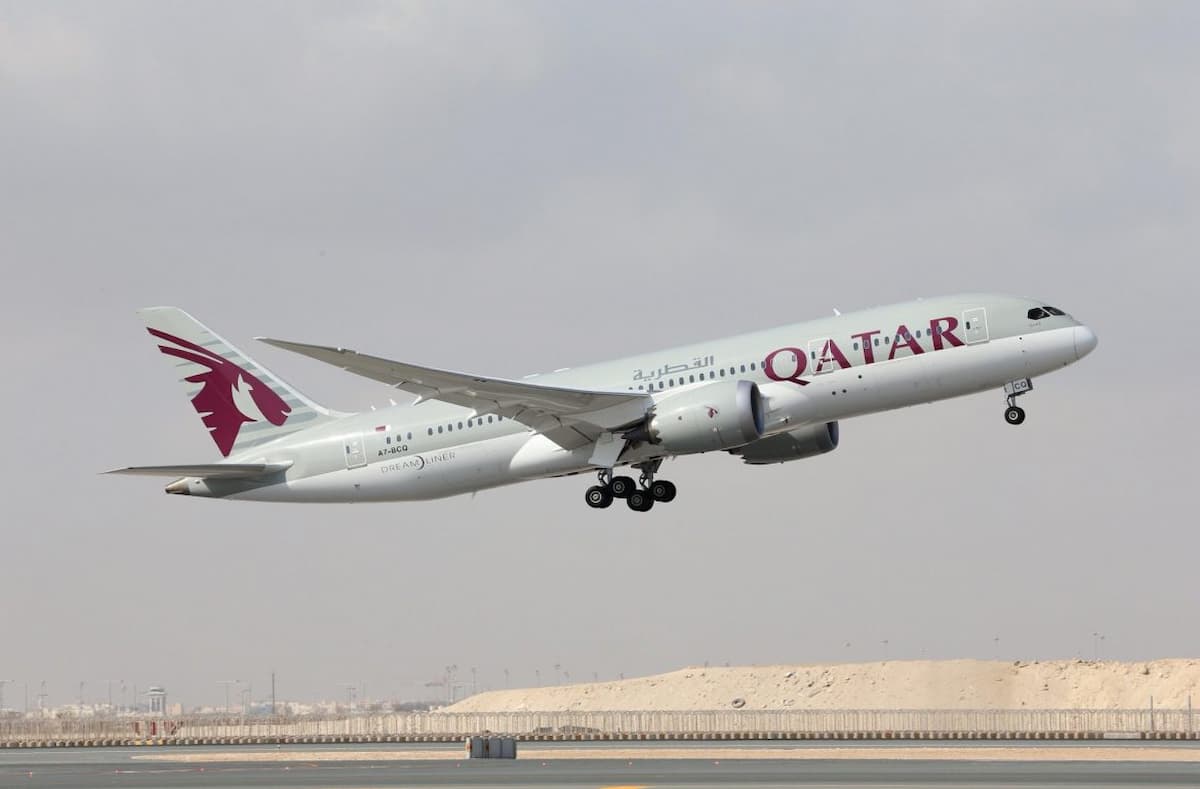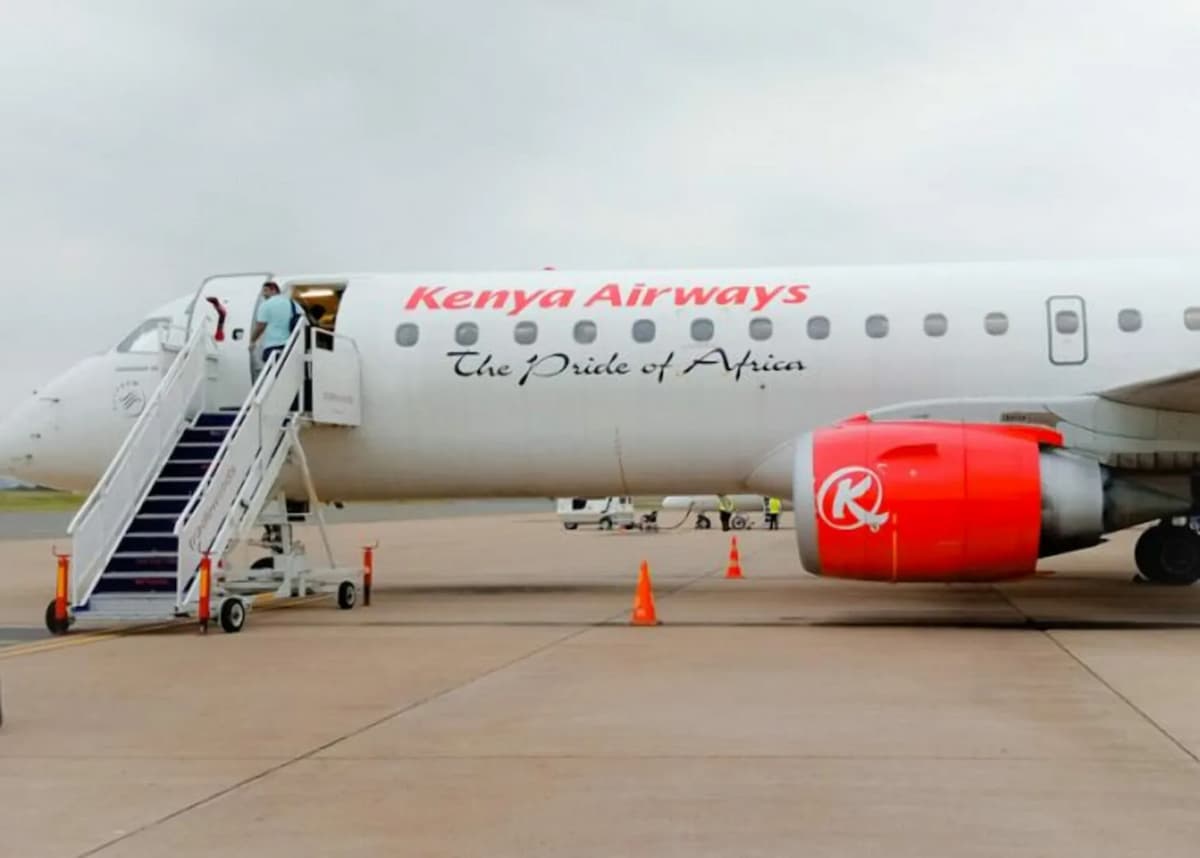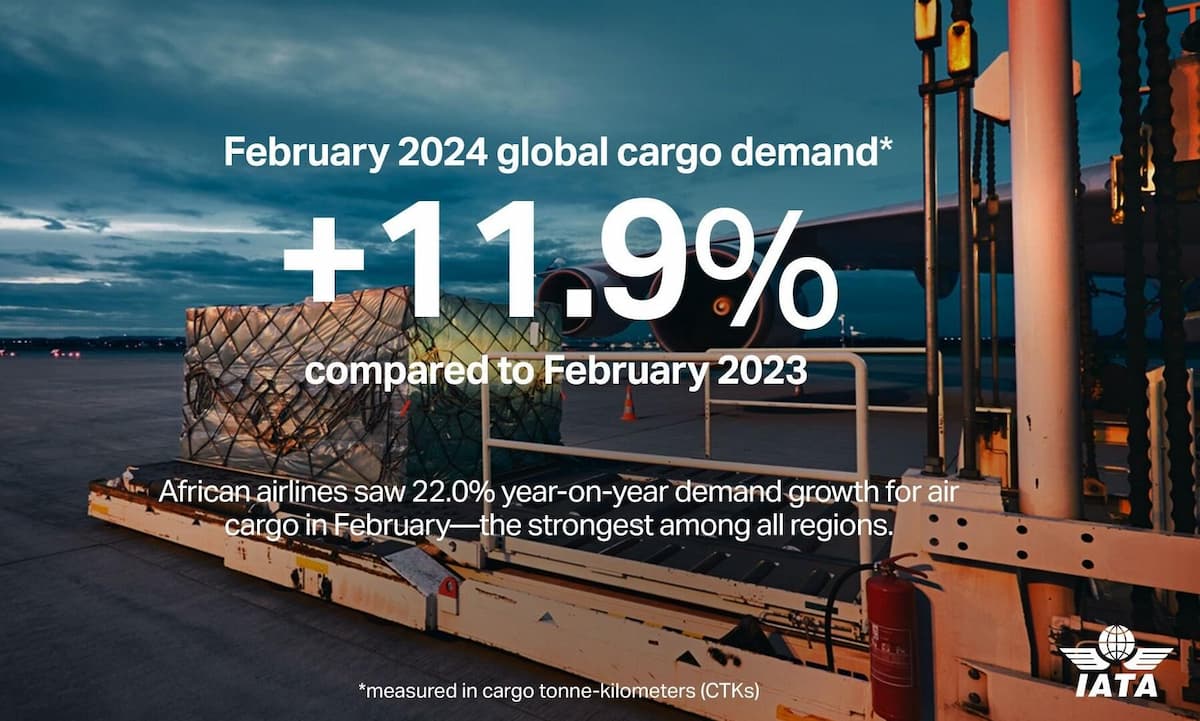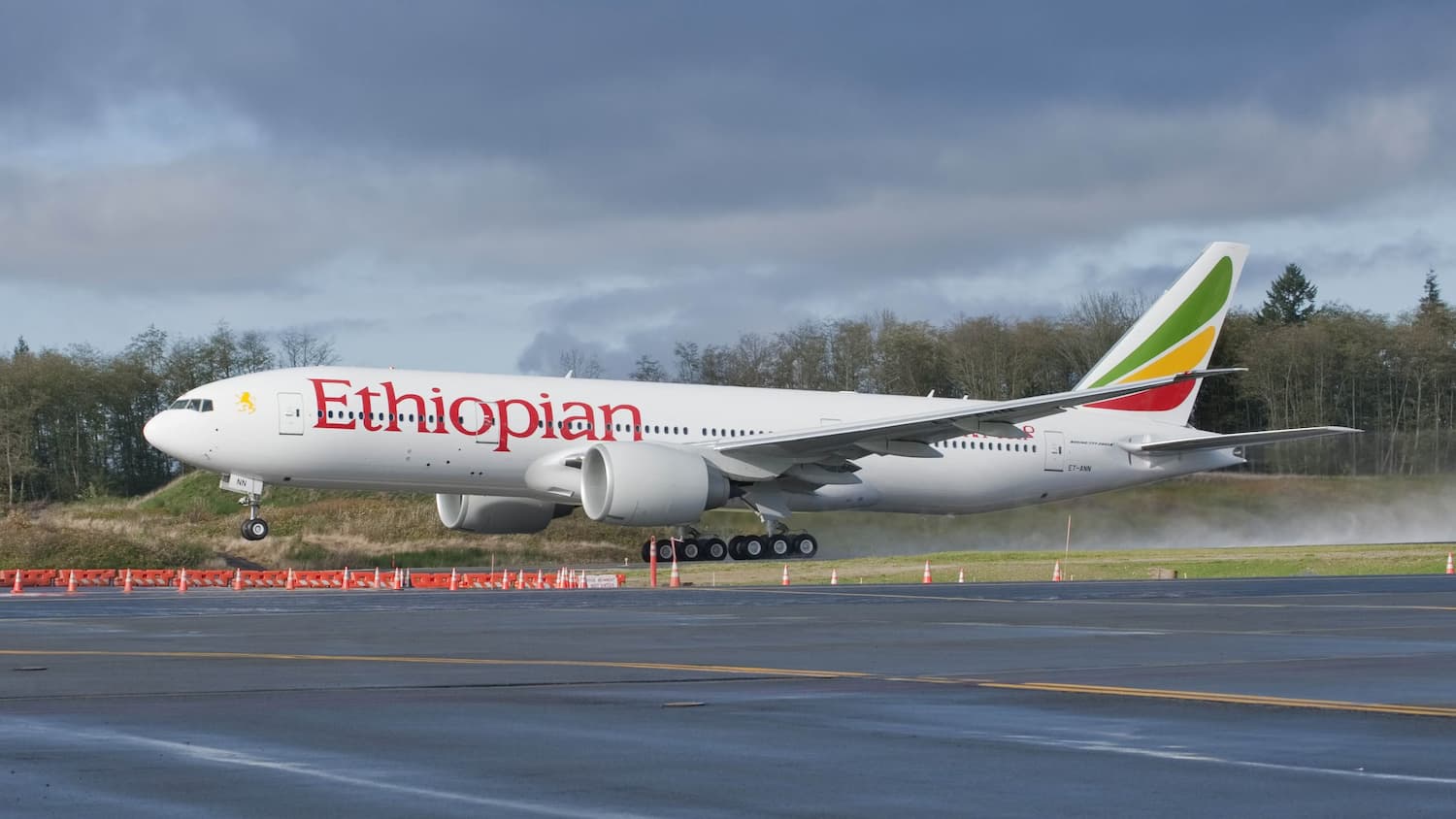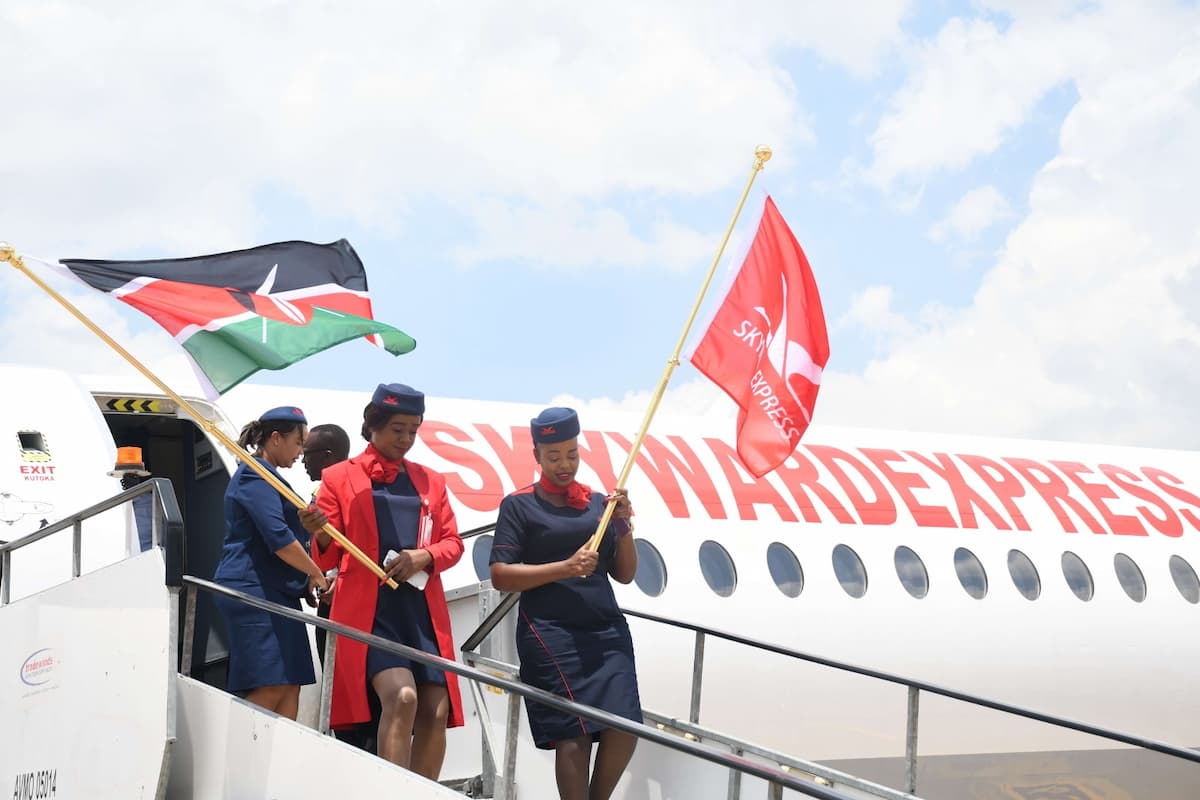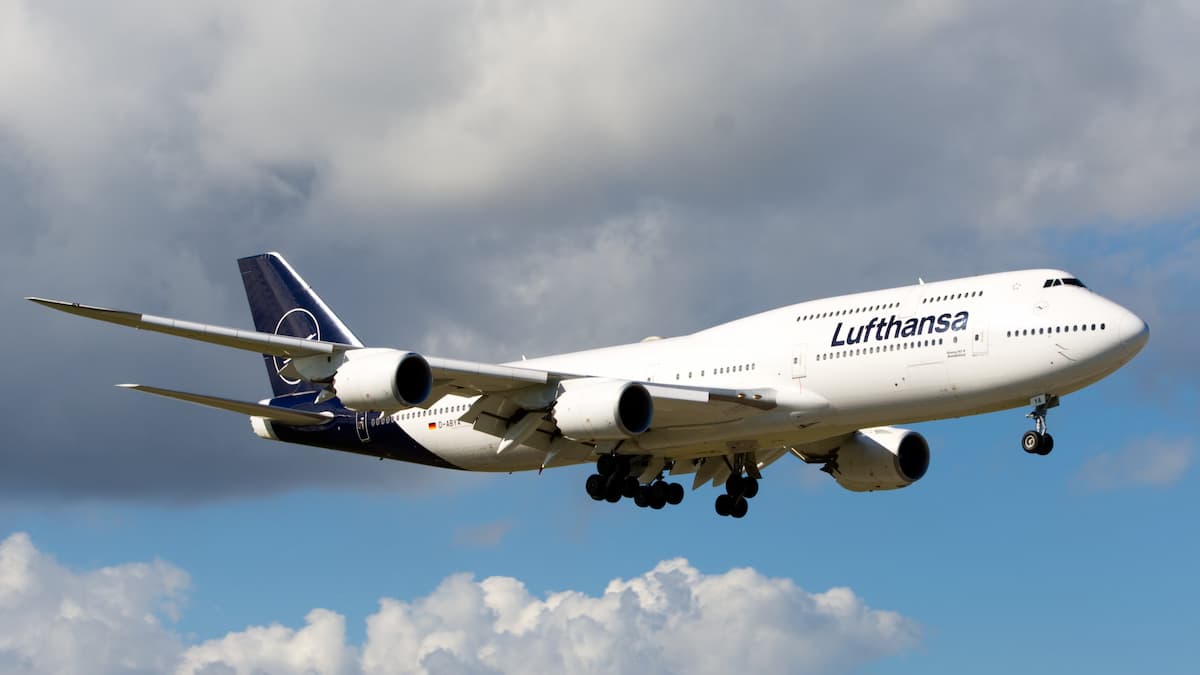Kenya’s national carrier Kenya Airways has suspended its flights to Kinshasa, citing the continued detention of its crew by the Democratic Republic of Congo (DRC)’s military over a controversial consignment of banknotes. In an update on Monday, the airline said the suspension will take effect from Tuesday, pointing out difficulties in supervision and support of its operations in Kinshasa.
“Due to the continued detention of KQ employees by the Military Intelligence Unit in Kinshasa, Kenya Airways is unable to support our flights without personnel effectively. As a result, we reached a difficult decision to suspend flights to Kinshasa effective April 30, 2024, until we can effectively support these flights,” said the carrier’s managing director, Allan Kilavuka, in the notice.
“The continued detention of our employees has made it difficult for us to supervise our operations in Kinshasa, which include customer service, ground handling, cargo activities, and generally ensuring safe, secure, and efficient operations.”
The move by KQ is set to benefit other airlines servicing the Nairobi-Kinshasa route, including Ethiopian Airlines, Precision Air, ASKY Airlines, and South African Airways.
Last week, Mr Kilavuka said two of the airline’s staff were arrested and detained on April 19, 2024, over alleged missing customs documentation on valuable cargo which was to be shipped on a KQ flight on April 12, 2024.
The cargo in question, however, was not uplifted by the carrier or accepted by them due to incomplete documentation.
Mr Kilavuka said military officers in Kinshasa took the two employees to the military side of the air wing to record statements, but they were held incommunicado until April 23 when the embassy officials and a KQ team were allowed to visit them.
Though DRC officials are yet to comment on the matter, sources told The EastAfrican newspaper that the case is about transportation of $8 million that was seized before being loaded on the KQ plane.
A local newspaper reported that a commercial bank attempted to export the money “clandestinely without the knowledge of the security services”.
The bank cited by Congolese media, TMB Bank, dismissed the allegations, saying “an operation to export banknotes in foreign currencies, which moreover, is a common practice of commercial banks and therefore does not constitute an offence as insinuated by certain journalists who, unfortunately, and for reasons of their own, refrained from investigating the various departments involved in such as operation”.
“Our bank has complied with all the formalities required for this operation, which is not the first of its kind and is inherent to the operation of banks, particularly for notes unfit for circulation, either because of their condition or because of their series,” TMB Bank further said.
Diplomatic tiffs
The recent developments have turned the spotlight on intermittent diplomatic tiffs between the two countries. In December last year, DRC recalled its ambassador to Nairobi after summoning the Kenyan envoy in Kinshasa in protest against the creation of a new coalition of Congolese rebels in Nairobi.
At the heart of the conflict was the creation of a new coalition of rebel leaders that was announced in Nairobi by the former president of the Independent National Electoral Commission (Ceni), Corneille Nangaa.
Kinshasa reacted swiftly by recalling its envoy, John Nyakeru, from Nairobi and ordering Kenya to explain the incident.
Source: The East African

